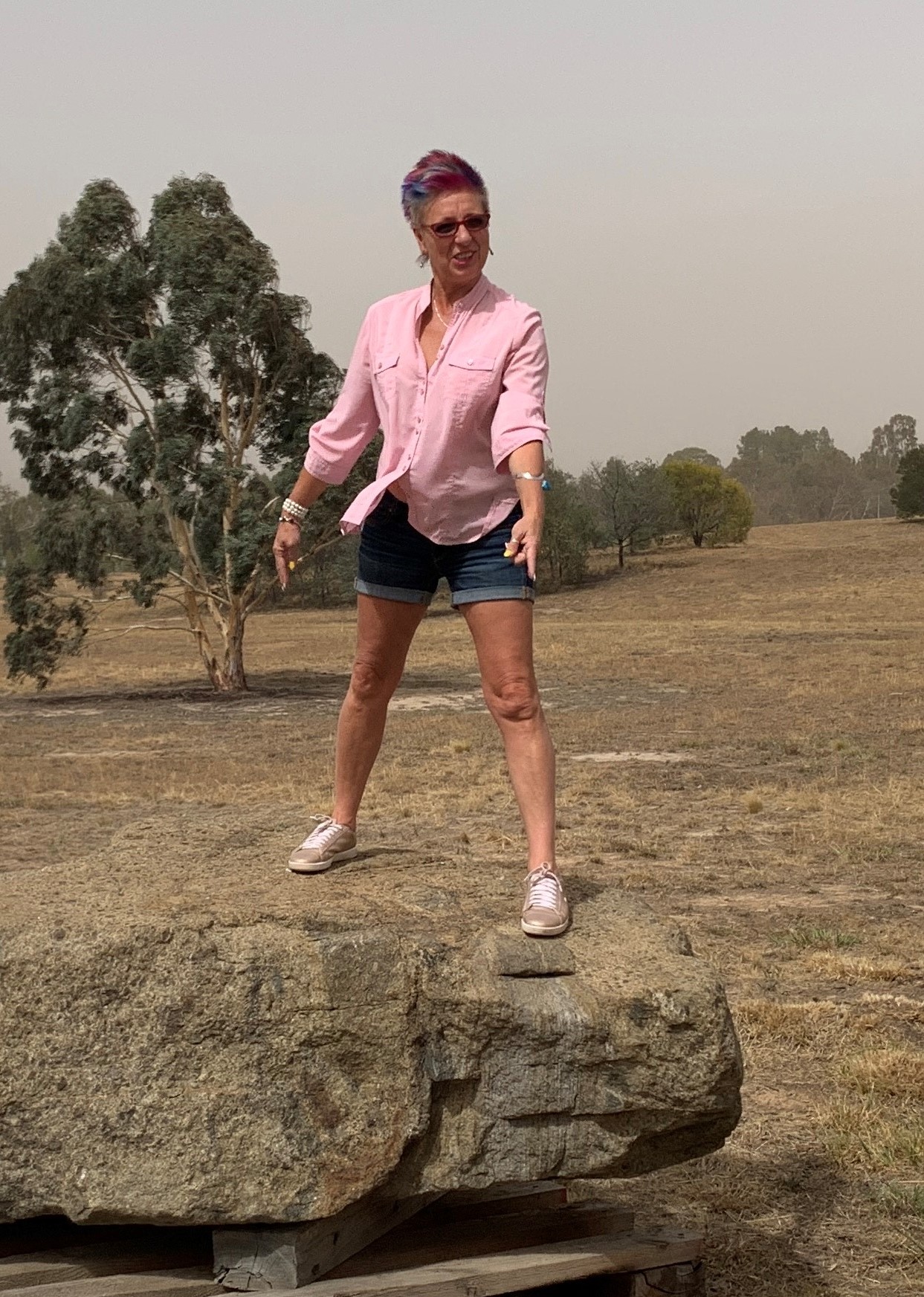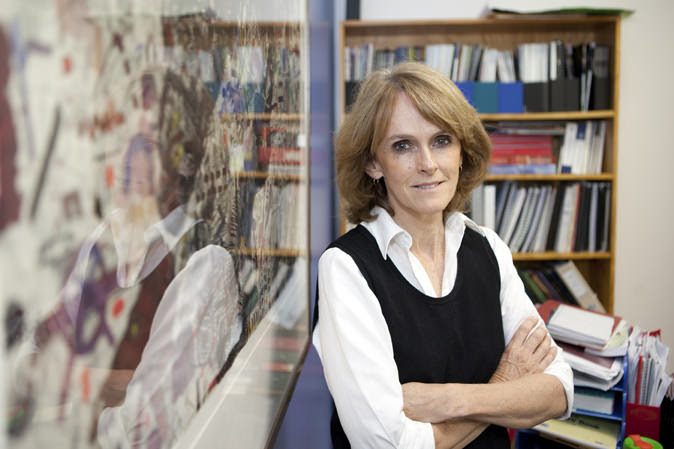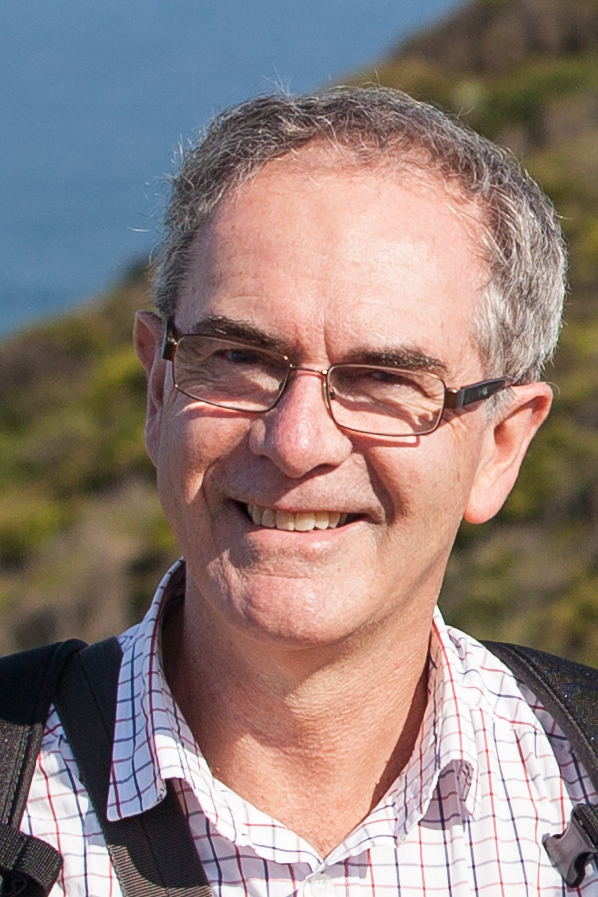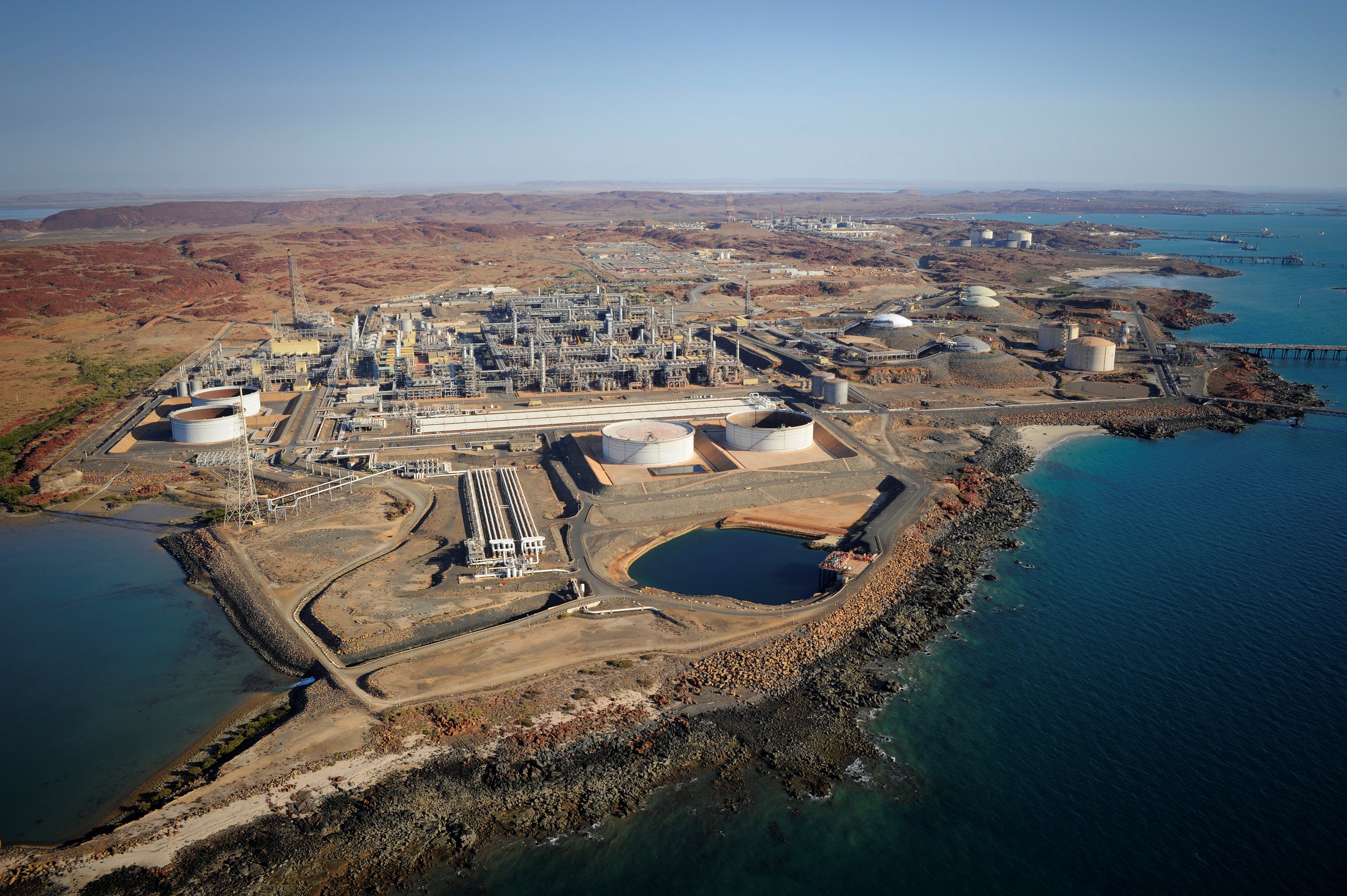Rebecca Whittle, a Year 11 student from Abbotsleigh high school in Sydney, has won a gold medal at the International Earth Science Olympiad in Thailand, securing Australia’s best gold medal performance at the UNESCO-sanctioned International Science Olympiads since 2009.
Rebecca competed against more than 140 students from 38 countries to win gold, finishing in the top 10 per cent of Earth Science students in the world.
Her medal is the second gold for Australia at this year’s International Science Olympiads, following a gold-medal performance by Sydney Grammar School student Hugo McCahon-Boersma at the International Physics Olympiad in July.
“This double gold achievement is our best performance at the International Science Olympiads since 2009. Our teams have put in the hard yards and earned this success,” said Ruth Carr, Executive Director of Australian Science Innovations.
Rebecca was part of a four-member team representing Australia at the International Earth Science Olympiad. The three other students won silver medals, putting them in the top 20 per cent of students and delivering Australia’s best overall performance at the competition since Australia began sending a national team in 2015.
The International Earth Science Olympiad competition involved two theory exams and four practical tests covering all aspects of Earth systems science and planetary astronomy. Topics included the geology of planetary bodies, the formation of rocks, rock and mineral identification, sea-level rise processes and the geochemistry of groundwater.
Rose Zhang from Narrabundah College in Canberra was also part of a team awarded a silver medal in the International Team Field Investigation that she completed with students from other countries. This part of the competition emphasises international collaboration and teamwork.
“We are very proud of our teams’ achievements this year that are a testament to their hard work and the Australian Science Olympiads program’s ability to nurture Australia’s top science students’ passion and talent for science,” said Carr.
The Australian students spent a year in exams and intensive training before competing on the international stage. They outperformed 6,000 other students from more than 280 schools in the qualifying exams, making a shortlist of 91 t to attend a two-week summer school at the Australian National University in preparation for the International Science Olympiad competitions.
The Australian Science Olympiad program is run by Australian Science Innovations and is funded through the Australian Government’s National Innovation and Science Agenda, with support from the Australian National University.





